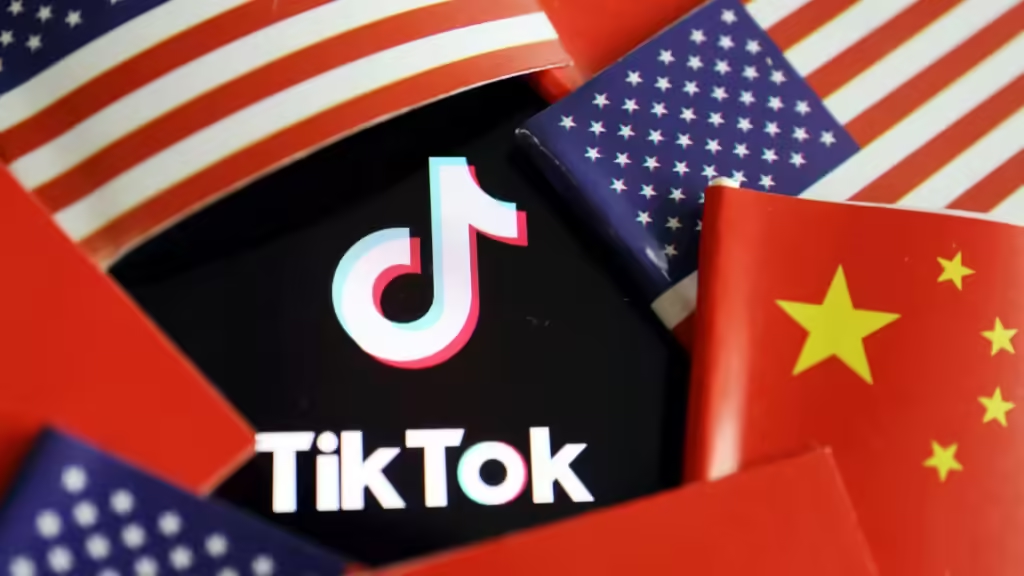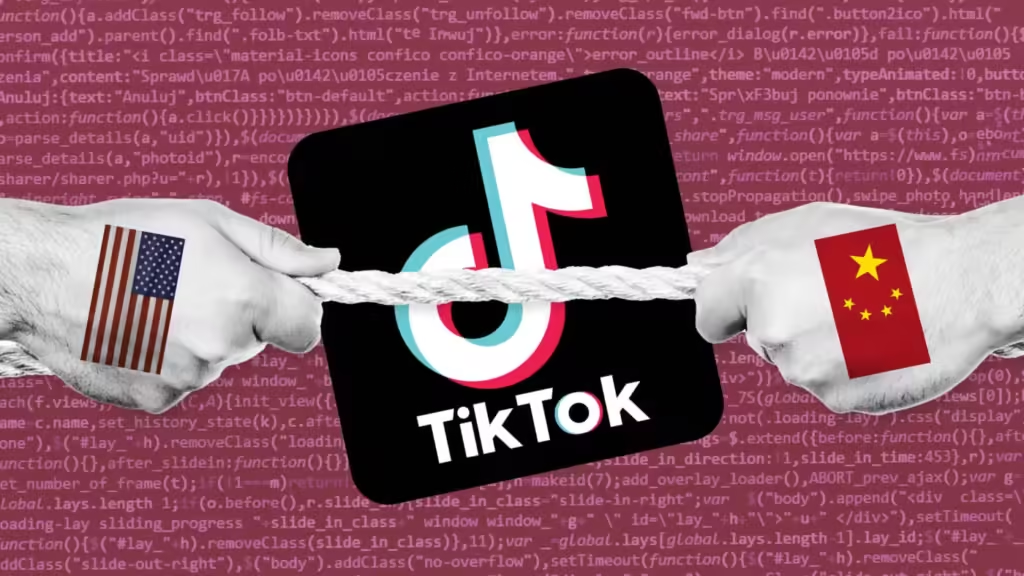On April 23rd, 2024, the US Senate passed a bill that would require ByteDance, the China-based parent company of the social media platform TikTok, to either sell its stake in the platform to a non-Chinese company or face a complete ban in the United States. This move, which came after the House of Representatives first passed the bill on March 13th, is the culmination of the years-long political battle over restrictions surrounding the platform, which first took the social media scene by storm in 2017. The bipartisan bill now heads to the desk of President Joe Biden, who has previously expressed willingness to sign any legislation aimed at banning TikTok that lands on his desk.
China’s response to the proposed US ban of TikTok remains to be seen, but will be instrumental in reshaping the global social media landscape. China-US relations, which have continued to grow increasingly strained over the last few years, will further be impacted by this bill. This bill would also obstruct China’s ambitions in the global technology market and deepen the global digital divide.
Here is everything you need to know about this bill, including its potential impacts on US society, economy, and national security, as well as its potential long-term implications on US-China relations.

Source: Financial Times
Impacts on US society, economy, and national security
The impending TikTok ban is poised to have a significant impact on the platform’s 170 million US users, affecting various aspects of their lives. A TikTok ban would cause users to completely lose access to their accounts, rendering them unable to upload new content or consume content produced by others on the platform. The content creation economy is a $250 billion industry, with TikTok contributing $24.2 billion to the US economy in 2023.
A TikTok ban would also affect US small businesses. According to an economic impact report released by TikTok, the app drove $15 billion in revenue for US small and medium businesses (SMBs) in 2023. Over half of small business owners in the US have said that TikTok allows them to reach customers they otherwise would not be able to connect to. Additionally, TikTok has increased the sales of SMBs by 88%. 45% of SMBs consider TikTok a vital component to their business’s existence.

Source: Skift
A key debate surrounding the TikTok ban has revolved around national security concerns. While TikTok has explicitly stated that it has not shared the data of its American users with the Chinese Government and does not intend to do so, US lawmakers have repeatedly expressed concerns that this may very well be the case, despite no public evidence supporting these claims. TikTok has argued that ByteDance “is not an agent of China or any other country,” pointing to the global investment firms that own 60% of the company.
TikTok has indicated that it will mount a legal challenge to the bill in US courts as soon as it is signed into law by President Joe Biden, arguing that it is a breach of the US Constitution’s First Amendment, which protects the right to free speech. Several Senate Democrats have publicly opposed the bill, citing concerns regarding freedom of speech, and have suggested measures that would tackle foreign influence in social media without targeting TikTok specifically.
This sentiment has been shared by various civil rights groups, which have argued that while TikTok may have controversial data practices, those of US-based social media platforms may be just as problematic. A TikTok ban would dismantle a prominent online space for free expression, thus limiting access to information, removing avenues for content creators to build communities, and potentially silence the voices of the platform’s 170 million US users.
China’s Response to the US TikTok Ban and the US-China Rivalry
China has made it clear that it will not take a passive role in TikTok’s potential ban in the United States. Currently, ByteDance has until January 19, 2025 to sell TikTok to a non-Chinese company or face a complete ban in the US. China would rather take political measures to prevent the sale of TikTok from occurring than helping to mitigate ByteDance’s commercial losses by supporting the sale of TikTok to a non-Chinese company.
China is likely to utilise export control regulations as a pretext to prevent the sale of TikTok. Since 2020, China has implemented various laws and regulations aimed at strengthening government oversight across a range of commercial sectors, as well as tightening controls on technology exports. The most notable of these regulations has been the Export Control Law, which is applicable to technologies such as TikTok’s algorithm. The law may be viewed as China’s shift towards technological protectionism in the face of increasing tensions with the US.
China has repeatedly warned the US that a ban on TikTok would “come back to bite” them, arguing that the US is engaging in “bullying behaviour” that seeks to subvert the principle of fair competition, thus damaging the international economic, investment, and trade order.
A ban of TikTok in the US, which is currently the platform’s largest market, would not only deal a major blow to China’s ambitions in the global technology market, but would further deepen the divide between the US and China in the global social media landscape and international digital economy. However, it may be argued that a US TikTok ban is “fair game,” as most US social media platforms and tech companies, such as Facebook, Twitter/X, and Google are banned in China and have been since the early 2010s. Nevertheless, the US proposal to ban TikTok represents a step towards a split platform economy between Chinese and Western apps, and more broadly, a split in the global technology landscape.

Source: Financial Times
The hardline stance that the US Government taken towards TikTok have continued to be profoundly out of touch with the American people, nearly half of which do not support a ban of the platform. With the deadline for TikTok’s sale set to be due on January 19, 2025, one day before Joe Biden’s term expires, a complete ban of TikTok in the US is nearly inevitable. However, Tiktok’s impending legal challenge to the bill, alongside growing frustration among the American public, may change the course of the platform’s fate in the US. Nevertheless, 2024 will prove to be a pivotal year for TikTok, and the world is watching closely as this saga continues to unfold.
Questions
1. Do you believe that China will continue to challenge the US’ proposed TikTok ban, or eventually allow a sale of the platform to go through with increased oversight on ByteDance?
2. Do you believe that the Chinese Government intends to manipulate US TikTok users’ data for political or strategic purposes?
3. How do you think that the a ban of TikTok in the US will affect US-China geopolitical relations in the long term?
Suggested readings:
“The fate of TikTok and US-China relations.” Financial Times. 17 July 2020.
“The risks of a digital cold war.” Sydney University. 13 March 2024.
“What does the possible TikTok ban mean for US-China relations?” Euronews Next. 26 April 2024.



